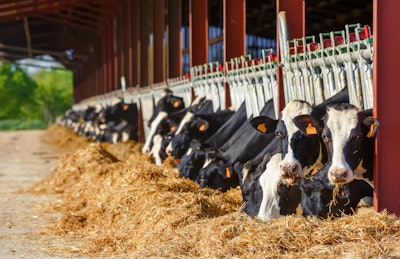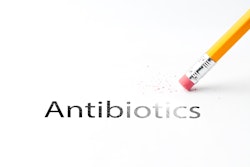
DSM-Firmenich's methane-reducing feed additive, Bovaer, has received market approval for use with dairy and beef cattle in Japan. This approval marks a significant step toward more sustainable agriculture in Japan.
The approval of Bovaer aligns with the MIDORI strategy, a comprehensive plan aiming at creating sustainable food systems, launched by Japan’s Ministry of Agriculture, Forestry and Fisheries (MAFF) in May 2021. One of the key goals is to reduce methane emissions from agriculture. This involves improving the management of livestock manure, promoting research and development, and deployment of methane mitigation technologies for more sustainable agricultural practices.
The approval further supports the Japan’s commitments as a signatory of the Global Methane Pledge. Japan is committed to a substantial reduction in methane emissions by 2030 (11% versus 2013 levels). With approximately 4 million beef and dairy cattle, Bovaer offers an effective solution in support of these national sustainability goals and will support Japanese dairy and beef sectors in their quest to deliver on their sustainability promises to their customers and consumers.
Extensive research has shown that Bovaer can greatly reduce methane emissions with just a quarter teaspoon of the additive per cow per day, resulting in on average 30% methane reduction in dairy cows and 45% methane reduction in beef feedlots.
“We are excited to introduce Bovaer in support of Japan’s environmental ambitions to reduce methane emissions from cattle and make a substantial impact on global climate-change efforts.” said Mark van Nieuwland, senior vice president Bovaer at DSM-Firmenich. “Together with our existing partnerships with leading Japanese dairy companies, this approval will further accelerate the transformation towards more sustainable farming in Japan.”













